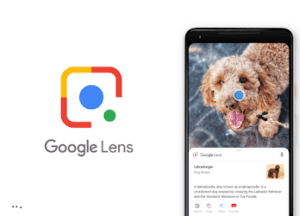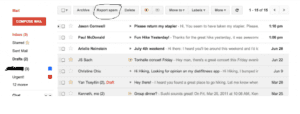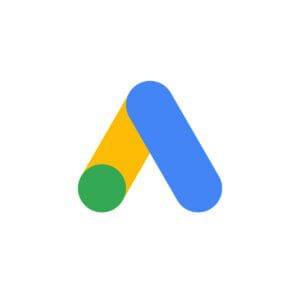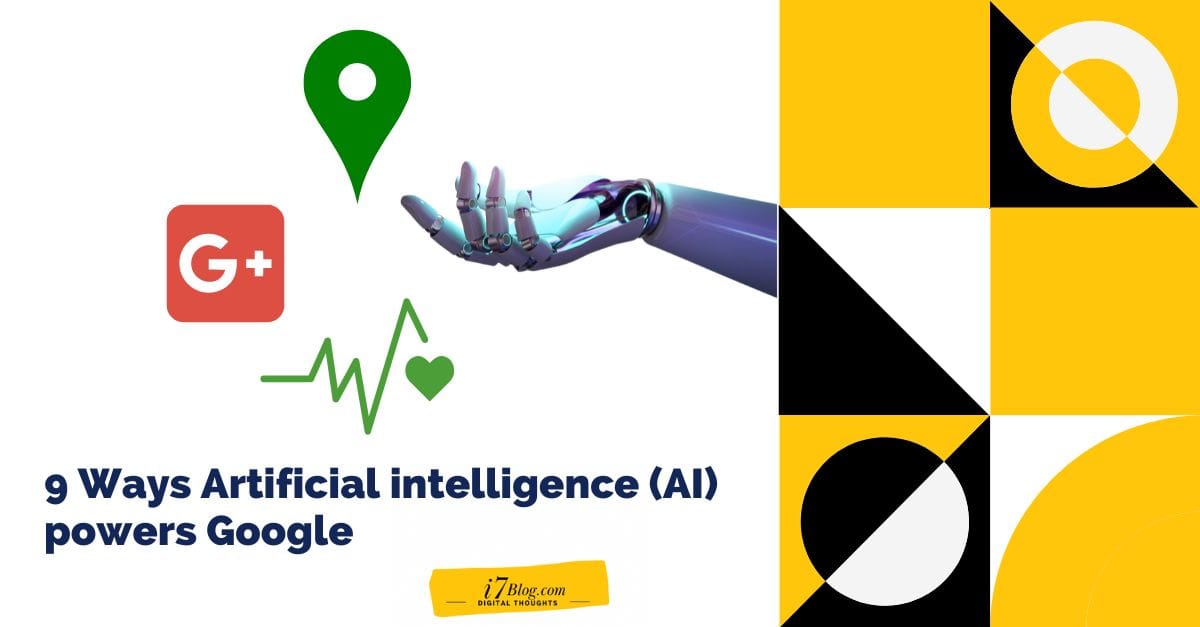Google Products Powered By AI is making it more seamless for humans and contributes ease and effectiveness for human use, The world is globally evolving and the idea of technology and its mysteries are taking over all aspects of how the world sees and does things. We are gradually getting to a point where the human labor force won’t be needed so much because drastically everything will be taken care of by artificial intelligence and robotics.
Artificial intelligence (AI) has become an increasingly powerful tool for companies across various industries. They use them to liquefy and make work and information dissemination very easy for themselves.
One of the Leading Companies Utilizing AI is Google Here Are Nine Ways/Tips that AI Powers Google:
1. Search and Recommendations
Google’s search engine and recommendation systems are powered by AI. Google’s algorithm uses machine learning/language to understand the meaning behind search queries and relevant controverting questions and match them with relevant results. Google’s recommendation systems use AI to suggest products, videos, topics, and other content based on a user’s preferences.
2. Natural Language Processing (NLP)
NLP is a branch of AI that focuses on understanding and processing human language. Google uses NLP to power its voice search, translation services, and other language-based applications, in order to satisfy various users.
3. Image Recognition

Google’s image recognition capabilities are powered by AI. The company uses deep learning algorithms to analyze and identify objects in images, allowing it to improve image search results and provide more accurate and relevant information.
4. Spam Filtering

Google’s spam filtering system, which is used to protect Gmail users from unwanted and malicious emails, is powered by AI. The system uses machine learning to analyze incoming emails and identify spam and phishing attempts. This also enables the user not to receive alerts when there are spam or unauthorized attempts on one’s account through hacking and other related cybercrime.
5. Google Assistant

Google Assistant is an AI-powered virtual assistant that helps users with tasks and answers questions. It uses natural language processing and machine learning to understand and respond to user requests. It helps give proper and understandable replies to the users to solve their various problems.
6. Advertising

Google’s advertising platform, which generates the majority of the company’s revenue, uses AI to optimize ad targeting and bidding. The platform uses machine learning to analyze user behavior and predict which ads are most likely to result in clicks or conversions.
7. Google Maps

Google Maps uses AI to improve its accuracy and provide users with more relevant information. The platform uses machine learning to analyze user data and provide personalized recommendations, such as restaurant suggestions based on a user’s past dining habits. And also, possible location solutions when the user needs help or is lost at a particular location.
8. Autonomous Vehicles
Google’s self-driving car project, Waymo, uses AI to power its autonomous driving technology. The company uses machine learning to train its vehicles to recognize and respond to different driving scenarios. The vehicles using AI are programmed to be very sensitive to the particular driving posture or direction that would suit the user at that particular time or circumstance.
9. Healthcare
Google’s AI technology is also being used in the healthcare industry. The company has developed AI-powered tools for medical image analysis, drug discovery, and other healthcare applications.
In conclusion, AI has become an integral part of the entire world space including Google operations. The company’s AI-powered tools and services have helped it improve its search engine, advertising platform, and other products, while also opening up new opportunities in industries such as healthcare and transportation.
Written by: Tochukwu Onyeneke

